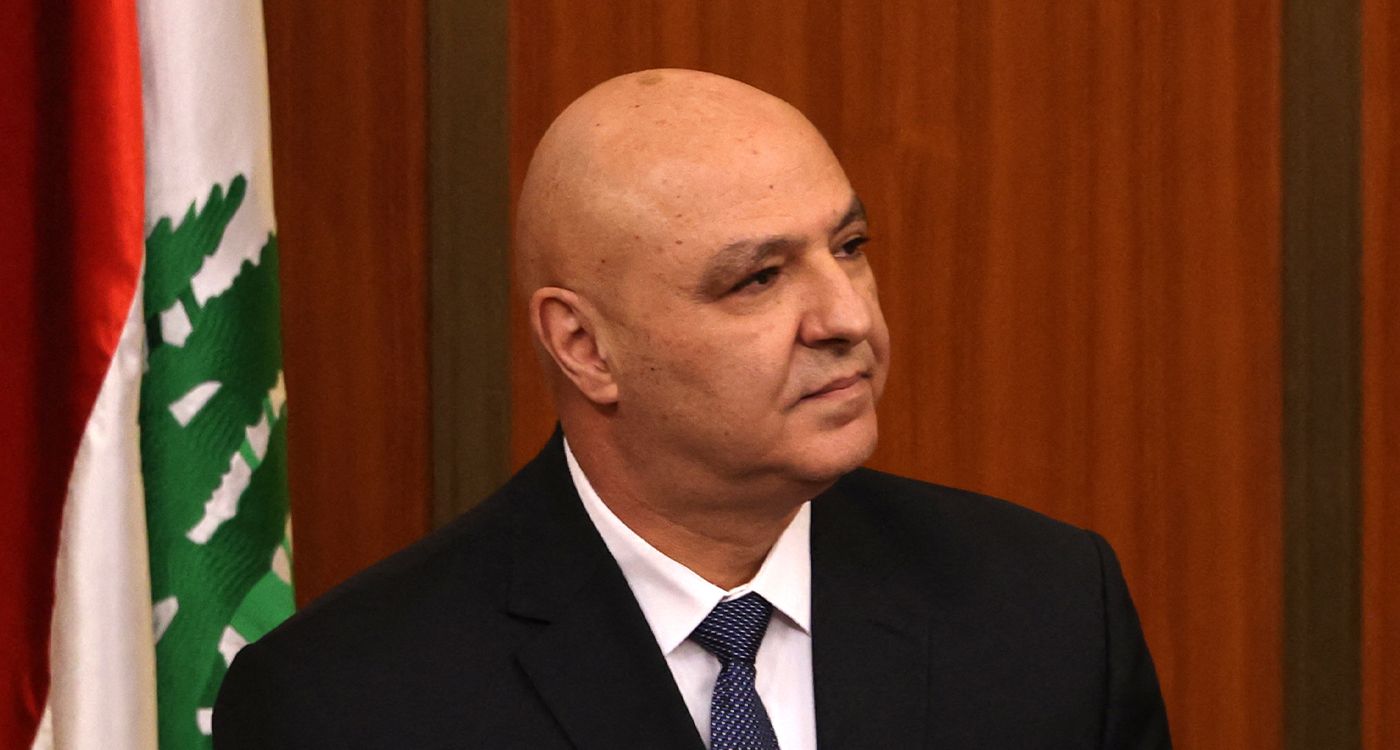
In Lebanon, history tends to repeat itself in times of crisis, seldom during moments of progress, as we have grown accustomed to hardship that we often forget the fleeting moments of light.
However, one cannot help but notice the striking similarities between the newly elected President Joseph Aoun and one of the pillars of Lebanon's First Republic, Fouad Chehab.
Fouad Chehab, whose presidency marked a turning point in the actual construction of Lebanon’s institutions and one of the most significant phases in the country’s state-building, played a pivotal role in shaping the First Republic and the Lebanese State. He succeeded in establishing a legacy that has endured beyond his time, leaving a lasting influence even after the era he helped define.
Fouad Chehab ascended to power in the wake of the 1958 major crisis, which erupted over the potential extension of President Camille Chamoun’s mandate, protests against the political conditions of Muslims and the widespread unrest triggered by the declaration of the Arab Republic under Gamal Abdel Nasser.
Fouad Chehab was elected president after leading the Army, which refrained from engaging in internal conflicts. As a result, he became the embodiment of dialogue and reconciliation, taking on the presidency without seeking personal gain.
Joseph Aoun’s rise to power comes at a time strikingly similar to that of his predecessor. He ascends following a major crisis and a devastating war, affecting both the South and all of Lebanon, and amid years of political power struggles fueled by the arrogance of the Amal/Hezbollah duo, who monopolized power and treated others as if they were invisible. His election today reflects the difficult circumstances that Lebanon and the entire region have faced, signaling a potential return to stability in the Middle East after decades of conflict. Like Fouad Chehab before him, he represents a solution to the crisis, albeit without the strong popular backing Chehab had in 1958. However, if he succeeds in breaking through the barriers of Lebanon’s crises and delivers tangible accomplishments, he will emerge more popular than ever, carving a path as a leader in a time when Christian leaderships are dwindling.
Joseph Aoun is presented with a historic opportunity to rebuild the institutions that were destroyed and to restore the political and administrative order established during Fouad Chehab's era.
Yet, the most significant factor is humility.
Fouad Chehab entered office with humility and left in the same way, never standing in the way of democracy or the state's progress. If, like Chehab, you embody this humility, history will remember you as the one who brought Lebanon into the Third Republic, through the oath of office that ultimately became the Constitution itself.



Comments